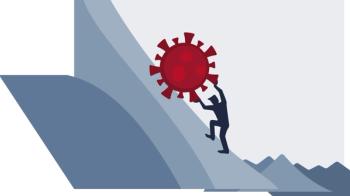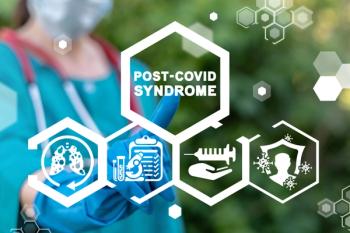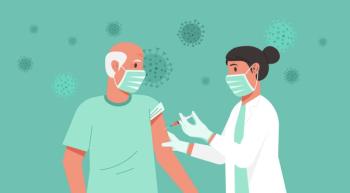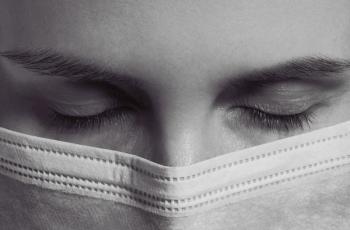
COVID-20: A Psychological Crisis
19 ways I think, and hope, that if implemented might help us, psychiatrists, mitigate the current situation.
I am neither a fear-monger nor a conspiracy-theorist, I am rather quite the optimist, yet I predict a second wave of the
My move to “sound the alarm” is based on detecting lots of smoke, not only within my own practice and the sharp increase in the rates of anxiety, fear, depression, despair, anger, grief, substance use, family discord, child abuse, domestic violence, and even suicidal thoughts and behaviors that I see in my patients, but also in the amount of restless energy I feel within my small community, the general public, and the whole nation.
Following are 19 ways I think, and hope, that if implemented might help us, psychiatrists, mitigate the current situation, then I boldly add a final theme as my conclusion.
1. Taking the necessary precautions and adhering to the official safety protocols
2. Reconnecting to oneself and our own version of a high power
3. Reconnecting with family and loved ones
4. Checking up on neighbors
5. Looking after those otherwise forgotten
6. Clear communication through large-scale
7. Supporting people on the frontlines
8. Brainstorming short and long-term solutions, especially for basic needs in the here and now
9. Paying special attention to the vulnerable
10. Advocating for calmness and spreading the message of hope
11. Focusing on unity and community service
12. Finding opportunities in during these challenging times
13. Being part of the solution, not the problem
14. Focusing on emotional and spiritual needs that are commonly forgotten
15. Encouraging sharing, rather than hoarding resources and essential items
16. Collaborating rather than competing
17. Using all available resources for healing
18. Focusing heavily on the children and creating healthy and attractive ways for them to unwind
19. Paying extra attention to self-care
Humanity, you don’t have to be a therapist to be therapeutic, serve wherever you are needed!
Disclosures:
Dr Reda is a Practicing Psychiatrist, Providence Healthcare System, Portland, OR. He reports no conflicts of interest concerning the subject matter of this article.
Newsletter
Receive trusted psychiatric news, expert analysis, and clinical insights — subscribe today to support your practice and your patients.







